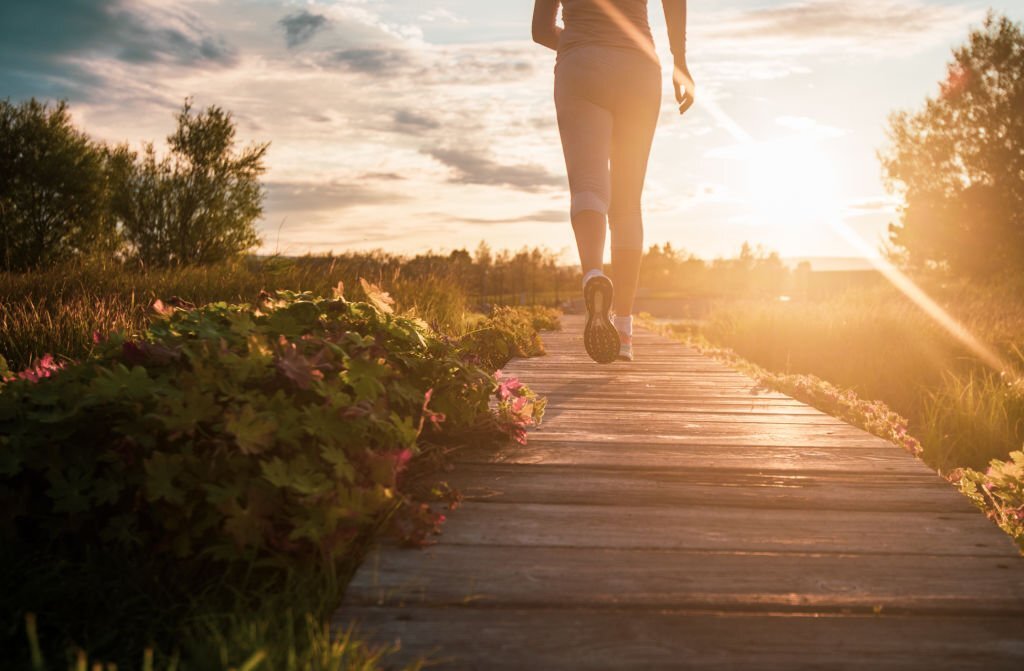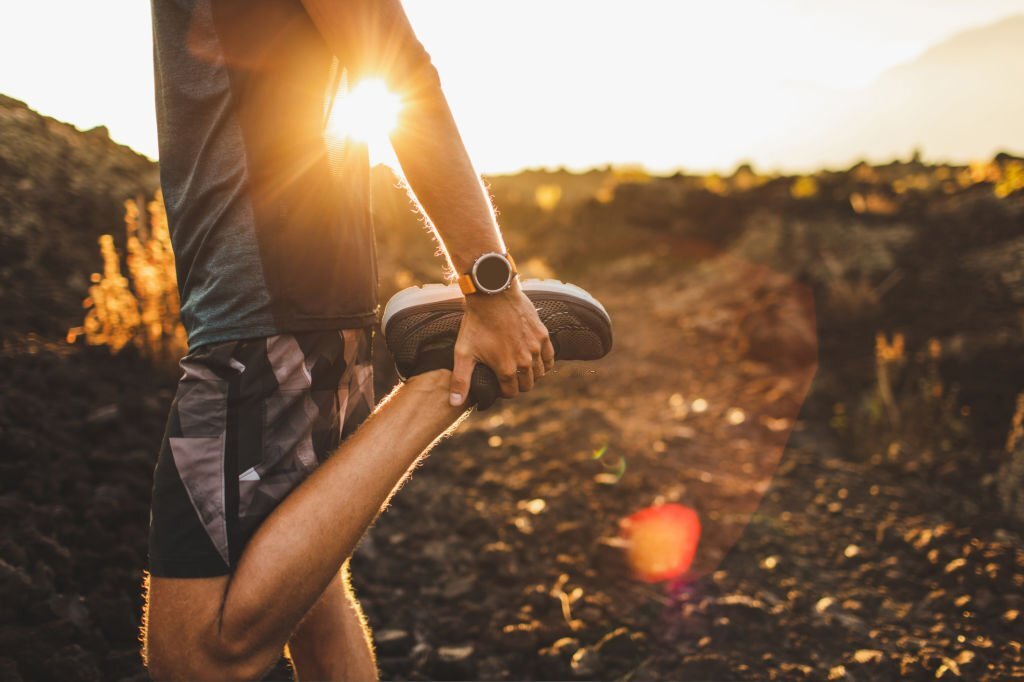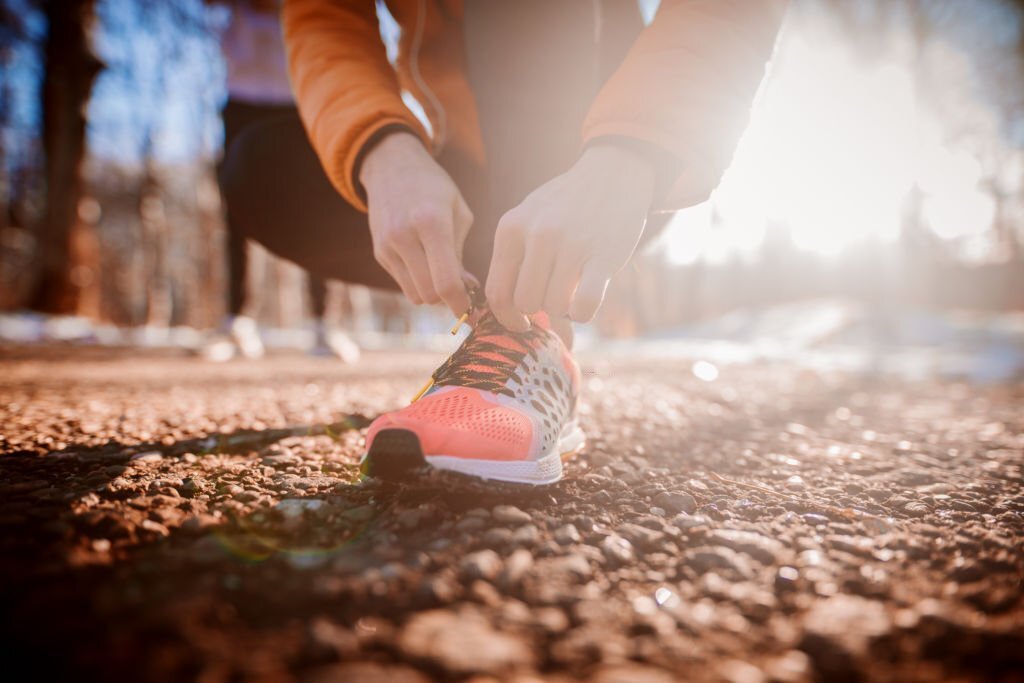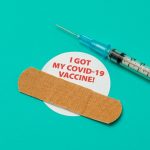During the past two years, COVID-19 has profoundly impacted our lives, from the way we connect with others to how we work.
Schools, Colleges, restaurants, places for tourists, gyms, and fitness centers were ordered to close to limit the Covid-19 Virus and prevent the further spread of this Virus.
People waited for months in fear of what may happen next before research centers around the world introduced Covid-19 vaccines that helped control this situation better than ever expected.
Routine activities have resumed once again, which is excellent considering everything that happened because of COVID 19!
Now schools and colleges are open again; people can visit favorite restaurants without any restriction, and fitness enthusiasts can now go to the gym to shape up their bodies, who has gained weight in Quarantine Life.
Now that you’ve had your COVID-19 vaccination, whether it’s your first or second dosage, you’re feeling inspired to keep the “being proactive about your health” ball going. But, you wonder if you can exercise after the covid-19 vaccine and how soon back at it you can get? We’ve got answers for that below!
Is it safe to exercise after the COVID-19 vaccine?

Doctors say You may safely exercise after the COVID-19 vaccine if you don’t feel symptoms of Covid-19 Vaccine’s Side Effects.
Exercise is not hazardous after receiving the COVID-19 vaccination, according to the study. Even the Center for Disease Control and Prevention (CDC) recommends, exercising your arm can help lower pain at the injection site.
Exercise may not be a big deal if your side effects are minimal after the first dose.
It was found that adverse effects are more severe after the second dose than the first, in a study published in the New England Journal of Medicine in 2021. They didn’t mention any danger exercise and physical activity can cause.
But, if you notice anything unusual after getting vaccinated, consult a doctor or nurse practitioner familiar with vaccinations before starting your workout regimen.
What to expect when you exercise after the COVID-19 vaccine
The side effects of exercise can vary between people. Some people may feel better following moderate-intensity physical exercise, while others may feel that it increases their symptoms.
A recent study has found that some people who get the Pfizer-BioNTech vaccine experience headache symptoms after receiving it.
The findings of this study demonstrate that individuals experience headaches in different ways, with some reporting they get worse after exercising and others claiming it helps.
The following is an excerpt from the article describing these results: “The majority (50%) felt routine physical activity did not affect their head pain; however, 42% said exercise made things worse while 6% stated exercises reduced symptoms.”
Pain and stiffness in the vaccinated arm are other typical adverse effects. To alleviate these symptoms, Pfizer suggests lightly exercising and listening closely to one’s body for signs of recovery after rest has been taken accordingly.
If necessary, taking short breaks will not derail someone from progressing with fitness.
The Covid-19 Vaccine – Does Exercise Affect It?
Some people worry that exercise after the COVID-19 vaccine will decrease its effectiveness, but this is not true.
It is often difficult to distinguish between side effects and aches that many people experience after the COVID-19 vaccine.
It may, however, make it more difficult to detect adverse effects.
An intensive weightlifting exercise, for example, might result in sore muscles. It may be difficult to distinguish this pain from the aches that many people experience after receiving the COVID-19 vaccination. Both the vaccination and physical activity might make a person fatigued.
Although exercise does not affect vaccination efficacy, it can have a significant influence on health in a variety of ways:
Exercise may reduce side effects

A study in 2019 has investigated the effects of moderate-intensity exercise on older adults who have been recently vaccinated for the flu.
The study has analyzed that People were better protected against the flu when they exercised with moderate intensity after receiving the vaccine.
More study, however, is required to understand how exercise may influence COVID-19 vaccination’s negative impacts.
Physical activity can help with mental health
Another recent study reported that frequent physical activity shielded people from the negative psychological impacts of the COVID-19 epidemic.
Some survey recipients have said that they find consistent exercise routines to be a positive source of the structure during unpredictable lockdowns.
Regular exercise may benefit mental health in a variety of ways, and those who love it should feel confident in continuing to exercise after getting the vaccination.
Is there any specific type of exercise recommended after receiving the COVID-19?
After receiving the COVID-19 vaccine, no specific type of exercise is advised.
Exercise in general, on the other hand, has been shown to be an effective immunity booster and may even increase the vaccine’s effectiveness.
In a Systematic Review and Meta-Analysis of a study, Exercise has been shown to boost vaccine potency by increasing antibody concentration. These findings were not specific to COVID-19, but they do exemplify another advantage of regular exercise.
Researchers noted in a 2021 review of exercise and immunity that moderate to vigorous physical activity resulted in a 31% lower risk of community-acquired diseases and a 37% lower risk of infectious disease mortality.
Aerobic activities such as running, cycling, etc, and resistance training individually and in combination, all proved to be beneficial in the review.
The things to be consider
If you have a fever after taking the vaccine, it may be beneficial to consume more water. According to a 2003 study, fluid intake can help persons with dengue fever have a less severe immunological response.
Increased fluid intake is also recommended if you’ve had a fever to avoid dehydration, however, this may be more significant in those with a higher fever or who have side effects that last longer.
If exercise makes you feel uncomfortable, you should reduce the intensity of your workout. If exercise makes you feel uncomfortable, you should reduce the intensity of your workout.
To help manage vaccine side effects, the CDC also suggests taking over-the-counter anti-inflammatory medications such as aspirin, ibuprofen, acetaminophen, and antihistamines. This recommendation, however, only applies if these medications will not exacerbate any other medical conditions you may have.
The Verdict
There has been no evidence that exercise after the COVID-19 vaccine could be bad for your health. Exercise should be done to help ease the pain at the site of the injection.
The side effects should be taken into consideration before resuming a workout routine.
A doctor should be contacted and exercise should be avoided if you experience symptoms of an allergic reaction to the vaccine such as hives, swelling, or difficulty breathing. Do not delay in seeking medical attention if the reaction is severe or persistent.
The COVID-19 vaccine shouldn’t cause any problems if you’re feeling up to exercising. Physical activity may even help prevent infectious diseases and boost vaccine effectiveness. Don’t hesitate to get moving if you feel up to it!




1 Comment
Excellent article. Keep writing such kind of information on your site. I’m really impressed by it.